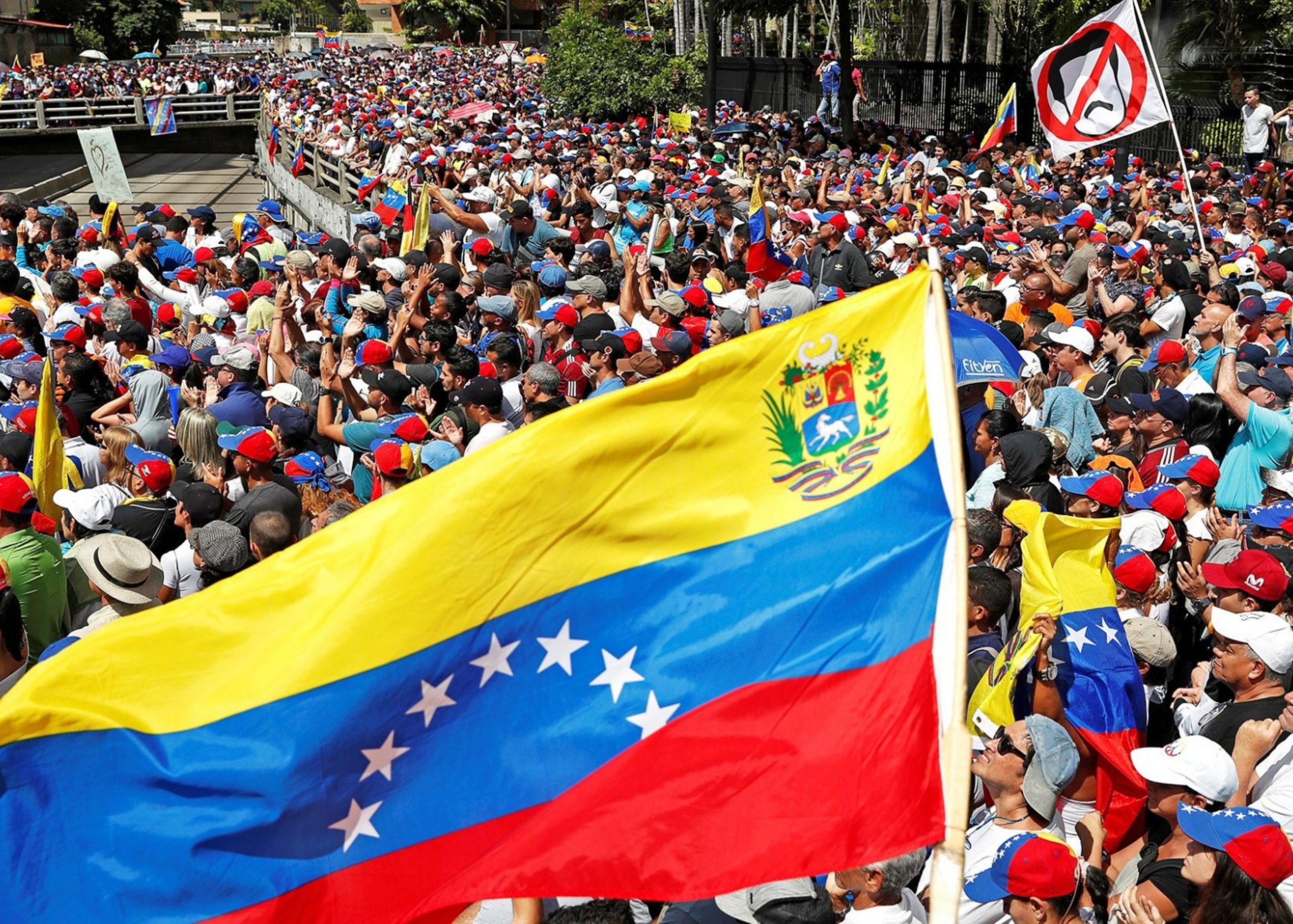Franklin Brito and the Price of Truth

Freedom has been an intrinsic desire for many people throughout history. As conscious beings, we often question the price of freedom and the consequences of fighting for it. Some Christian philosophers espouse that we are free to love, in a very broad sense. I believe we are free to seek truth, real truth, the ultimate truth about life. It is an epic way to live. Today, we remember the life of a man who died for truth. A man, who when faced with impossible repression was offered brief respite in exchange for tainting what he knew to be true but did not back down. Like a modern St. Thomas More, he lived in search of truth, seeking justice against an oppressive leviathan. His name was Franklin Brito. Brito was a farmer, a teacher, and ultimately, he gave his life to defend truth in Venezuela during a time when the country was falling victim to a socialist lie.
Franklin Brito was born in Venezuela in 1960. A farmer and biologist, Brito began cultivating land in Guarataro, Bolívar State. He and his wife taught at a local school and lived in a modest home in the countryside. Using his experience in agronomy, he developed a new variety of yams that were immune to a damaging fungus without the use of pesticides. He would go on to publish a report directed to the Venezuelan Corporation of Guayana. The corporation, known as CVG, supported the development of the region and they took Brito’s research seriously, terminating the sales of pesticides used for yams to the local government.
The mayor of Guarataro did not take kindly to this and suddenly Brito was thrust into the middle of the Chavez regime’s socialist takeover of Venezuela. Brito and his wife were fired from their school and their farm was collectivized as part of Chavez’s land nationalization scheme, one of the countless stories of the more than 6.2 million acres seized by the government. A prisoner inside his own home, Brito faced government threats and further repercussion. But Brito would not back down. The fight against Venezuela’s socialist leviathan had just started.
In her book Between Past and Future, Hannah Arendt wrote that “without a politically guaranteed public sphere, freedom has no room to emerge.” But Brito’s freedom emerged from within. His inner freedom, a conscience that cannot be taken nor touched by others, that is developed in the interior life discussed by many Judeo-Christian philosophers, was revealed in the public sphere through Brito’s actions. He would go on to carry out six hunger strikes to fight for his rights and he became a symbol of resistance to and a reminder of the price of life under socialist Venezuela. Brito did not back down when the government offered crumbs of justice, instead of the full restoration of his land. It would have been easy to take back his report on yam fungus, or to take what he could from the regime and leave behind his land and his work, but he decided to live unequivocally for truth. He decided to fight for the people of Venezuela — and the socialist regime enabled his death by hunger strike, because of his commitment to the truth.
Despite the lies spread by Hugo Chávez enablers, Brito was not crazy, nor did he commit suicide. Rather, he exercised what little freedom he had, and he lived his life for something bigger than one man alone.
It was a David and Goliath type of fight, only this time, David was killed by the socialist leviathan. But evil will never win if we keep Brito’s memory’s alive, and if we keep the memory of the 100 million victims of communism alive.
Today we remember Franklin Brito and the price of truth in Venezuela.
_________________________________________________________________________________________
Ana Leca is the Program Assistant for Latin American Programs.

